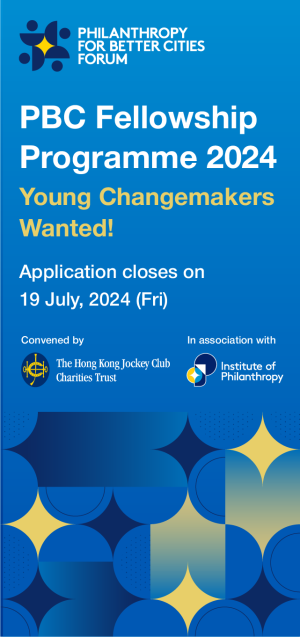At the heart of the Brazilian favelas, where determination and resilience are the local currency, hard-working social projects and community leaders commit their lives to building a better future for the children, young people, women, and elderly people in their communities.
However, for the most part, these heroes and the associations they run face many huge obstacles. They often lack access to information, resources, and knowledge that is not only key to fund-raising but also to the success of the projects they are seeking to implement and even to the associations themselves.
The Challenge: Overcoming a Lack of Training
These community associations and their leaders are usually passionately committed to their causes, but lack funding, or even the knowledge of where to find training courses, material, and resources, whether physical and digital, to help them train in their subject matter. This means that they are at a huge disadvantage compared to larger, richer organisations and foundations.
These community leaders know that passion and willpower are not enough. Many of them are not trained in the essential skills required to write up and manage projects, raise funds, advocate, and keep the books, by way of example. The lack of such skills, added to the fact that passion and willpower can often wane, slow down the progress and impact of their projects and limit the potential for change in their communities. Many projects fail before they are even fully written up or, as evidenced in a 2021 IPEA (institute of Applied Economic Research) survey, for every 10 NGOs starting up in Brazil, three are closing down. That means that one third of all social associations close per year in Brazil.
Investing in Training and Developing Leaders of Community-Based Organisations
Tackling this challenge has been a huge barrier to the advance of many community-based organisations and their leaders. It is essential that government, foundations, investors and big donors understand that besides financial donations, urgent investment is needed in effective, accessible programmes of training and development.
Donors, sponsors, and even government auditors within each area must be trained in areas such as writing up and designing projects, vision and mission, planning and development, project design, fund-raising, evaluation, monitoring and even book-keeping. Training should be not only digital, but also in-person where possible so that people can learn individually and according to specialisations.
Another common problem is that the lack of trained leaders and management means these associations end up failing to meet tax requirements, which in turn means they cannot obtain the essential documents and certificates that they need to take part in public, private and international tenders. It also means they are unable to achieve the required transparency levels to evidence how they have used resources, the results they have achieved, and medium and long-term impact. Such evidence is often of great importance to donors and sponsors, and often an essential factor in renewal of support.
Retaining sponsors and financial donations is not the solution, but should be part of the training for receiving organisations so that they can be professional in their management and presentation of resources, projects and results. Investing in training and developing community leaders in Brazil’s favelas and in Latin America as a whole is not just a strategy but a commitment to social transformation and empowerment of these resilient communities.
When companies, sponsors, governments, and international organisations provide the tools and knowledge these organisations require, they are equipping these leaders to face complex challenges and create sustainable solutions that will improve the lives of millions of people living in hundreds of favelas in Brazil and all-over Latin America.
Richard Silva, a native of a low-income community in Rio de Janeiro, Brazil, and has been actively involved in project development, fundraising, and management of non-governmental organizations in Rio de Janeiro.





Comments (0)
Perfect! Congratulations!
Happy. Parabéns pelo lindo projeto.
Great article. God has big plans for those with a heart to help those in need. We need to equip the equiper.
It was great finding out. Carry on the good work. I am praying for God's hand over the projects.
Parabéns pelo sucesso deste projeto. Seu esforço fará toda a diferença em muitas vidas.
Ótimo projeto!
Parabéns pelo projeto, que o mesmo, se torne um exemplo de estrutura e desenvolvimento de pesquisas que possam administrar e organizar todos recursos recebidos afim de melhoria para a população.
Congratulations on the project.
Congratulations on the initiative with the project, it will offer opportunities through visibility for Brazilians seeking support.
Es una verdad. Nuestras organizaciones necesitan de atención. Nosotros necesitamos recursos pero tambien necesitamos apoyo administrativo y capacidad para manejarmos bien nustra organización. Felicito al autor Richard.